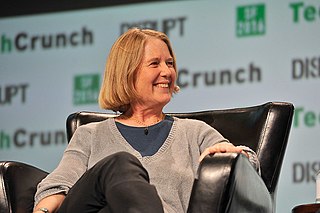A Quote by Jeff Dean
I think there are a lot of industries that are collecting a lot of data and have not yet considered the implications of machine learning but will ultimately use it.
Quote Topics
Related Quotes
Scientific data are not taken for museum purposes; they are taken as a basis for doing something. If nothing is to be done with the data, then there is no use in collecting any. The ultimate purpose of taking data is to provide a basis for action or a recommendation for action. The step intermediate between the collection of data and the action is prediction.
The USA Freedom Act does not propose that we abandon any and all efforts to analyze telephone data, what we're talking about here is a program that currently contemplates the collection of all data just as a routine matter and the aggregation of all that data in one database. That causes concerns for a lot of people... There's a lot of potential for abuse.

































